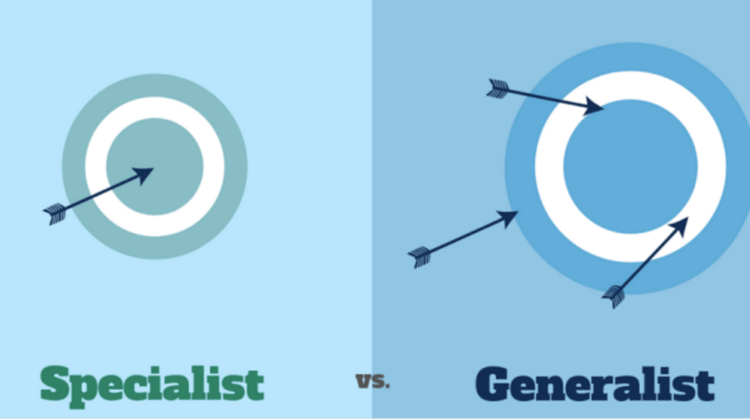
Data science is a very new field that has arisen in the private sector over just the past decade. What a data science department is and does differs wildly from one organization to the next because each was designed and built very recently by someone figuring it out themselves according to the needs of the particular organization. Further, I’ve never met anyone over the age of ~30 who has a formal educational degree in “data science” (or any of its other monikers) because such programs have only come into existence very recently. People serving in senior data science position almost invariably have advanced academic training in traditional statistics, computer science, physics, or mathematics. The actual skill set required for this new discipline of data science requires quite a bit more than any of those particular fields and the skillset for a data science executive differs from that of a senior data scientist.
One question I ask of all my data science employees is: “How would you like your career to evolve from here? Would you prefer to become a deep subject matter expert (‘senior data scientist’) or would you like to become a data science leader (‘data science executive’)?”
The “senior data scientist” is the subject matter expert who can execute their own projects with minimal supervision and has deep, intimate understanding of their technology, but typically works alone without direct reports. The “data science executive” rises up the chain of command to direct the vision and execution of a broad data science program.
In addition to having expertise in a broad range of data science techniques and technologies, the data science executive must also:
- Enforce compliance with data security and privacy laws like the E.U.’s “General Data Protection Regulation (GDPR)” and California’s “California Consumer Privacy Act (CCPA)”
- Design and direct an effective documentation strategy
- Design and direct a DevOps strategy for developed software
- Design and direct computation architecture decisions
- Interface with a standard software/data engineering department, especially for API deployment of data science software
- Interface with product design to manage how results of our software are expressed in the product
- Interface with clients to help solve their business problems by designing data-based solutions
- Direct a forward-thinking vision for the data science program
- …all in addition to directing the development of AI/data science software that aligns with business objectives
This is how we’ve designed our data science department at rMark Bio.
